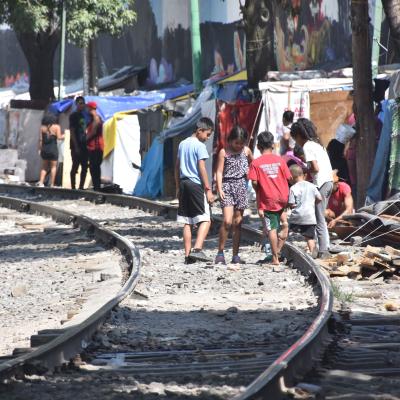Immigration, Migration, and Refugees
Description
A summary of the scientific literature on immigrant children.

Components
Image

How This Impacts Children's Development
Description
There is overwhelming scientific evidence that separation between children and parents is harmful to the development of children, families, and communities. The adverse effects last into adulthood and do not always resolve with time. For immigrant families that make it into the United States (U.S.), immigrant children with or without an undocumented parent face unique challenges with receiving the social supports they need and are eligible for.
READ THE BRIEF: CHILDREN in Immigrant Families: Key to America's Future, 2008
Talking Points from the SRCD Briefs
|
Policy Considerations in the Briefs
- Policies that separate immigrant families upon entry to the U.S. have devastating and long-term developmental consequences for children and their families.
- Institute a pathway to citizenship for undocumented parents and youth to reduce parents’ reluctance to enroll their U.S.-citizen children in programs that they are eligible for.
- Address undocumented parents’ job conditions, including pay rates below minimum wage and lack of access to benefits.
- Community-based programs should provide English language training for immigrant parents, especially for families in which no one over the age of 13 speaks English, to encourage literacy in families’ daily lives and help parents find jobs.
- Advocate for and support high-quality dual-language learning programs in pre-k and early childcare settings.
READ THE BRIEF: CHILDREN in Immigrant Families: Key to America's Future, 2008